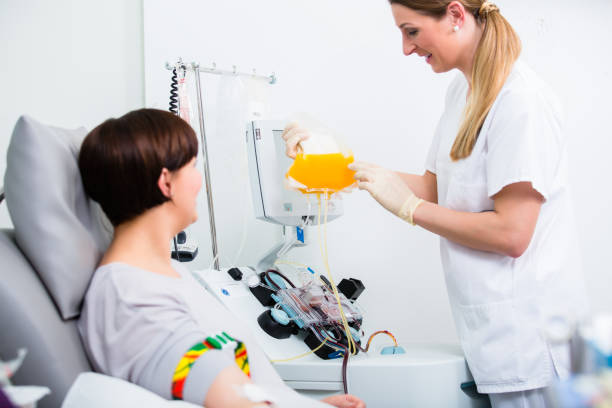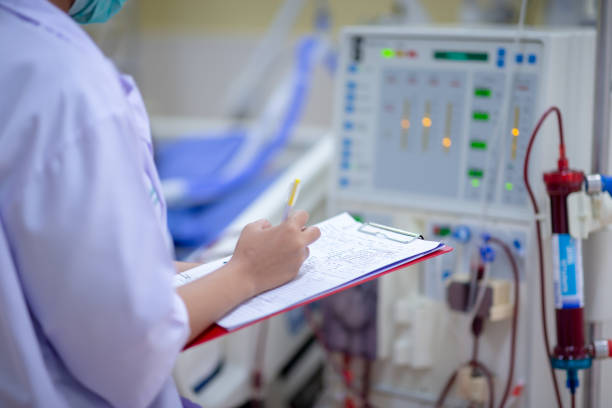Introduction to Plasma Donation
Plasma donation is an essential medical practice that has gained significant attention in recent years. Plasma, the liquid component of blood, contains vital proteins and antibodies that help treat various medical conditions. Unlike whole blood donation, where all blood components are collected, plasma donation specifically targets the plasma, allowing donors to contribute more frequently. This article delves into the intricacies of plasma donation, the benefits, the process, and how individuals can get paid for donating plasma.
The Importance of Plasma Donation
Plasma plays a crucial role in medical treatments and therapies. It is used to create life-saving medications for patients suffering from chronic diseases, immune disorders, and severe burns. Plasma-derived therapies are essential for individuals with hemophilia, primary immunodeficiency diseases, and other conditions that require regular infusions. The demand for plasma is constant, making plasma donation a critical component of the healthcare system.
The Process of Plasma Donation
The process of donating plasma is similar to that of donating blood but involves additional steps to separate plasma from other blood components. When you arrive at a plasma donation center, you will first undergo a health screening to ensure you are eligible to donate. This screening typically includes a questionnaire about your medical history, a physical examination, and a few preliminary tests.
Once you pass the screening, the actual donation process begins. A needle is inserted into your arm, and blood is drawn into a machine called a plasmapheresis device. This device separates the plasma from the rest of the blood components, which are then returned to your body through the same needle. The entire process usually takes about 1 to 2 hours, depending on the individual and the equipment used.
Eligibility Criteria for Plasma Donation
Not everyone can donate plasma. There are specific eligibility criteria that potential donors must meet to ensure the safety of both the donor and the recipient. Common eligibility requirements include being between 18 and 65 years old, weighing at least 110 pounds, and being in good overall health. Additionally, donors must pass the health screening conducted at the donation center.
Certain medical conditions and lifestyle choices may disqualify individuals from donating plasma. These include having a history of certain infectious diseases, recent tattoos or piercings, and certain medications. It is essential to disclose your full medical history during the screening process to ensure the safety and efficacy of the plasma donation.
Compensation for Plasma Donation
One of the significant incentives for plasma donation is the compensation offered to donors. While donating whole blood is typically a voluntary act without financial compensation, plasma donation centers often pay donors for their time and contribution. The payment can vary depending on the location, the donation center, and the frequency of donations.
Donors are usually compensated per donation, with the amount ranging from $20 to $50 per session. Some centers offer additional bonuses for frequent donors or those who refer new donors. While the primary motivation for plasma donation should be to help others, the financial compensation can be an attractive benefit for many individuals.
The Impact of Plasma Donation on Donors
Donating plasma is generally safe, but like any medical procedure, it can have some side effects. Most donors experience minimal discomfort, such as a slight pinch when the needle is inserted and minor bruising at the puncture site. Some individuals may feel lightheaded or fatigued after donation, but these symptoms are usually temporary and can be alleviated by resting and hydrating.
Regular plasma donation can impact your body's protein levels and iron stores. To maintain overall health, it is essential to follow the donation center's guidelines regarding the frequency of donations and to consume a balanced diet rich in iron and protein. Staying hydrated and getting enough rest are also crucial to ensuring a smooth donation experience.
The Role of Plasma Donation Centers
Plasma donation centers play a vital role in the donation process. These centers are responsible for collecting, processing, and distributing plasma to pharmaceutical companies and hospitals. They must adhere to strict guidelines and regulations to ensure the safety and quality of the plasma collected.
Donation centers also provide donors with a comfortable and safe environment. Trained medical professionals oversee the donation process, conduct health screenings, and provide information on how to maintain health and wellness as a donor. By partnering with reputable donation centers, donors can contribute to the healthcare system while ensuring their own safety and well-being.
How to Find a Plasma Donation Center
Finding a plasma donation center near you is relatively simple. Many cities have multiple centers, and a quick online search can provide you with a list of options. Websites of major plasma donation companies often have locator tools to help you find the nearest center. It is advisable to choose a center that is accredited and follows stringent safety protocols.
Before donating, it is beneficial to read reviews and gather information about the center's policies, compensation rates, and donor experiences. Some centers may require appointments, while others accept walk-ins. Understanding the center's procedures can help you prepare for a smooth donation experience.
The Future of Plasma Donation
The need for plasma is ever-increasing, and advancements in medical technology continue to improve the efficiency and effectiveness of plasma donation. Research is ongoing to expand the uses of plasma in treating various medical conditions, and new therapies are being developed regularly.
In the future, we may see an increase in mobile plasma donation units and more widespread awareness campaigns to encourage donation. Additionally, innovations in plasmapheresis technology may reduce donation times and improve the overall experience for donors.
Conclusion
Plasma donation is a noble and impactful way to contribute to the healthcare system. By donating plasma, individuals can help save lives and support the development of critical medical treatments. The financial compensation offered to donors provides an added incentive, making it a mutually beneficial endeavor. As the demand for plasma continues to grow, so does the need for willing and healthy donors. If you meet the eligibility criteria and are interested in making a difference, consider donating plasma at a reputable center near you. Your contribution can have a profound impact on the lives of countless patients in need.



